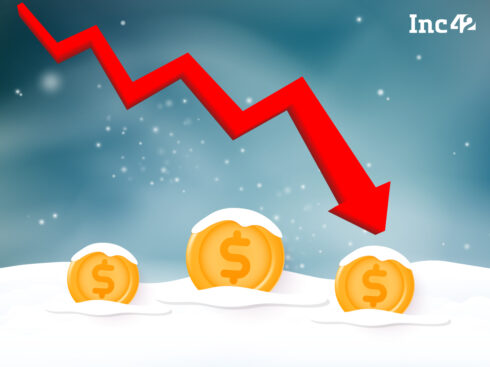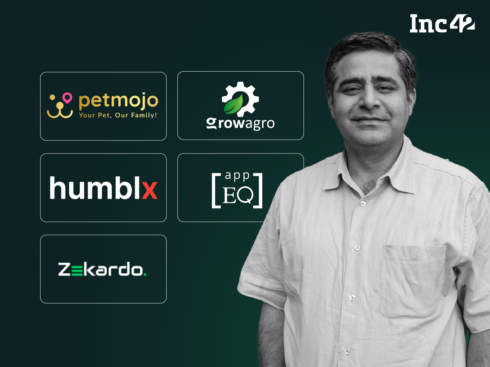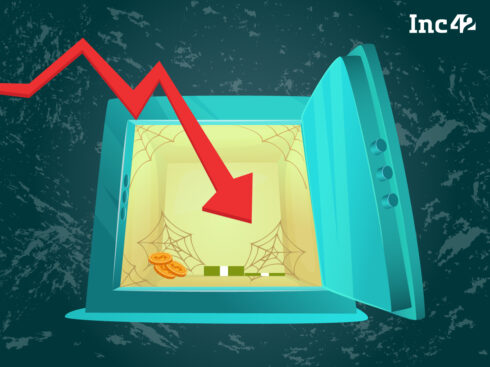
SUMMARY
The din of the listing bell is fast being replaced by the whistle of the SPAC, and the world is divided on which note it prefers
If you strip a SPAC to its core, it is a single investment vehicle that raises private capital and is traded publicly
It is thus a lot like a single-bullet private equity fund that has raised LP capital but is listed.
I am an investment banker. In an ideal world, I should not exist.
I have variations of a talk I often deliver at b-schools, where I talk through the role of bankers in an economy. Capital at rest is prone to rust, and at our core, we are enablers of flow of capital. We essentially connect promising ideas to return seeking capital, serving as catalysts of wealth creation and inducers of efficiency into the system. In a world with perfect information symmetry and absolute fluidity of capital flows, our role would be eliminated, and I’d argue that would be great: any delayering of an economy is fundamentally good for the economy in the long run.
I believe this essential delayering is happening in one of banking’s most storied strongholds: the world of public offerings. The din of the listing bell is fast being replaced by the whistle of the SPAC, and the world is divided on which note it prefers. Preparing myself for strong rebukes from my kinsfolk, I am here to argue that that whistle is sweeter.
There has been a lot of noise around SPACs, some alarm around its rapid rise, and fears for retail investors who might lose out in its wake. But why is that? If you strip a SPAC to its core, it is a single investment vehicle that raises private capital and is traded publicly. It is thus a lot like a single-bullet private equity fund that has raised LP capital but is listed. Since it got listed without having done anything, its listing market cap is essentially the par-value of all its shares – and thus the capital it has raised.
In the US context (and variations are emerging), this capital stays secured in an interest-bearing account for a defined period, during which it must consummate an acquisition. But since it is trading publicly even before the acquisition is made, it is subject to market views in the interim, expressed through trades that make its traded value go up and down.
An IPO differs from SPACs in a crucial way: it’s an outward probe into the public market initiated by a private company, that seeks additional primary capital and / or liquidity for its investors. It’s value, therefore, is open to discovery. Since IPOs are a single-event, the price must be set before market entry, as that’s the money the company and its shareholders take home. Enter bankers: book runners and placement agents, who essentially do this discovery process on behalf of the public and try to pre-place as many of the shares on offer as they can. Naturally, they are incentivized to get the maximum value here (although, in India SEBI rightly places some controls monitoring the past performance of bankers to ensure their IPOs don’t deflate the moment they are launched). The other challenge is that of leaving money on the table: often, bankers may end up underpricing IPOs to ensure a smooth sale, which shows up as a post-listing pop in the price. This is naturally undesirable for the company going public, as it ends up leaving money on the table it could have had.
A SPAC makes this process fundamentally fairer and more equal: it is a negotiation between two parties. The blank-check company looking to buy, and the company and its investors looking to sell. And they have, arguably better access to information than the average public; they don’t need an underwriter or a placement agent to discover the price, they negotiate it. And most fundamentally, their actions individually and collectively follow the demand and supply curve almost perfectly, which is fantastic in the long run.
So, let’s address the elephant in the room: consumer protection. What happens when the hedge fund that bought shares at $10 in the SPAC sells in the pre-acquisition pop at $60, if the value afterwards falls to $26? My answer is simple: nothing. We must respect that sentient players are taking bets in the market and that downs are as likely as ups. As long as there was no insider information that gave the hedge fund an edge, que sera sera.
Much has been made of the CCIV / Lucid pop: who lost there? Investors (large and small) who took a punt on rumors that Lucid was a target, and then lost when the announcement confirmed it? Isn’t that what often happens, in most M&A transactions – when speculative frenzy drives buying and selling activity? More often than not, in a bull market, that frenzy will drive the price up. And if speculations match reality, they will stay up, else they will revert to the intrinsic value. This is what we have efficient markets for.
The only notable change that SPACs induce into the system – besides efficiency, in my opinion – is the direction of the transaction. An IPO is outward-driven by the company, while a SPAC is inward-driven towards it. When the SPAC whistle blows, which company responds? Where’s the X marking the destination? This change is non-trivial and will perhaps represent a stronghold of innovation by my fraternity. I doubt you will be able to keep investment banks out of this for long.
In fact, as I write this, we are working on some exciting ideas in this space ourselves…
Note: The views and opinions expressed are solely those of the author and does not necessarily reflect the views held by Inc42, its creators or employees. Inc42 is not responsible for the accuracy of any of the information supplied by guest bloggers.


























